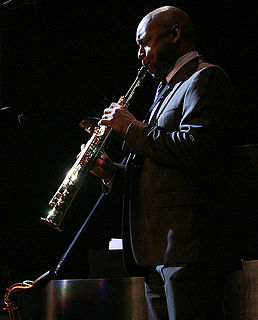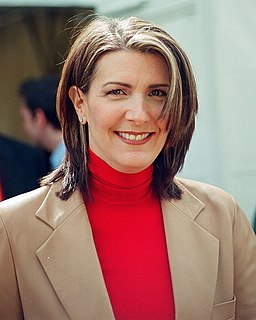A Quote by Austin Kleon
The only way to find your voice is to use it. It’s hardwired, built into you. Talk about the things you love. Your voice will follow.
Related Quotes
We're always being told 'find your voice.' When I was younger, I never really knew what this meant. I used to worry a lot about voice, wondering if I had my own. But now I realize that the only way to find your voice is to use it. It's hardwired, built into you. Talk about the things you love. Your voice will follow.
But I liked you from the moment I first heard your voice,” he said, “when I had no idea what you looked like. I thought it delicious, the way you bargained for me, as though I were an old rug. Then I loved the way you looked at me. Then I loved the way you ordered me about. I loved your patient and impatient ways of explaining things to me. I love the sound of your voice and the way you move. I love your courage and your kindness and your generosity and your obstinacy and your passion.” He paused. “You’re the genius. What do you think that means?
The only way you can find it is through being alone with your thoughts at sufficiently long intervals to give that inner voice within you a chance to cry out in distinguishable language for you. 'Here I am within you.' That is the silent voice, the voice of nature, which speaks to everyone who will listen.
There are no words and there is no singing, but the music has a voice. It is an old voice and a deep voice, like the stump of a sweet cigar or a shoe with a hole. It is a voice that has lived and lives, with sorrow and shame, ecstasy and bliss, joy and pain, redemption and damnation. It is a voice with love and without love. I like the voice, and though I can't talk to it, I like the way it talks to me. It says it is all the same, Young Man. Take it and let it be.
Write like you write, like you can't help but write, and your voice will become yours and yours alone. It'll take time but it'll happen as long as you let it. Own your voice, for your voice is your own. Once you know where your voice lives, you no longer have to worry so much about being derivative.
There's this pet phrase about writing that is bandied around particularly in workshops about "finding your own voice as a poet", which I suppose means that you come out from under the direct influence of other poets and have perhaps found a way to combine those influences so that it appears to be your own voice. But I think you could also put it a different way. You, quote, find your voice, unquote, when you are able to invent this one character who resembles you, obviously, and probably is more like you than anyone else on earth, but is not the equivalent to you.
My commodity as a writer, whatever I'm writing about, is me. And your commodity is you. Don't alter your voice to fit the subject. Develop one voice that readers will recognize when they hear it on the page, a voice that's enjoyable not only in its musical line but in its avoidance of sounds that would cheapen its tone: breeziness and condescension and clichés.

































